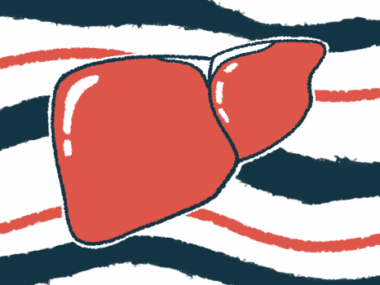LB-P8 probiotic on FDA fast track for primary sclerosing cholangitis
LISCure Biosciences' live bacterium product contains probiotic found in kimchi
Written by |

The U.S. Food and Drug Administration (FDA) has granted fast track designation to LB-P8, LISCure Biosciences’ experimental live bacterium product that is headed toward Phase 2 clinical testing for primary sclerosing cholangitis (PSC).
Once on the fast-track path, LISCure can have more frequent interactions with the FDA during the clinical development of LB-P8, which may be given priority in the review queue with the goal to make it available to patients earlier, if approved.
“Receiving fast track designation is a significant milestone in addressing the high unmet medical need for PSC, and it will facilitate the efficient development of LB-P8 by enabling close communication with the regulatory authority,” Jiyoung Ahn, head of clinical development at LISCure, said in a company press release.
LB-P8 granted FDA’s orphan drug designation in 2022
LB-P8 also received the FDA’s orphan drug designation in 2022, a status that qualifies its developer for incentives, such as tax credits for clinical trials, exemption from application fees, and a potential seven years of market exclusivity if granted approval.
In PSC, the ducts that carry bile, a digestive fluid, from the liver to the small intestine become inflamed and scarred. This causes the ducts to narrow, restricting the passage of bile, which then backs up and accumulates, gradually causing damage to the liver.
Currently, no approved treatments can slow or stop the rare liver disease from progressing. However, for Ahn, receiving fast track designation for LB-P8 may help “expeditiously bring forward a novel therapy option in an area with limited available treatments.
LB-P8 contains live bacteria of a strain called Leuconostoc citreum, a probiotic that is highly present in kimchi, a popular Korean food. Probiotics, which are found in yogurt, fermented foods, and dietary supplements, are live microorganisms thought to improve gut health.
The connection between what happens in the gut and liver, called the gut-liver axis, is implicated in PSC, and thus, by improving gut health, LP-B8 is expected to ease bile accumulation, and liver inflammation and fibrosis.
In mouse models of PSC, four-week treatment with daily LB-P8 slowed disease progression, likely by preventing bile duct cells from dying, easing fibrosis, and reducing the accumulation of immune cells.
Based on positive data from a Phase 1 clinical trial (NCT05053165), where LB-P8 was found to be safe and well tolerated in 31 healthy adults, LISCure was recently cleared by the FDA to start testing LB-P8 in PSC patients in a Phase 2 trial.
Top-line data from the study, expected to launch in the coming months with sites in the U.S. and Europe, are anticipated early next year.



